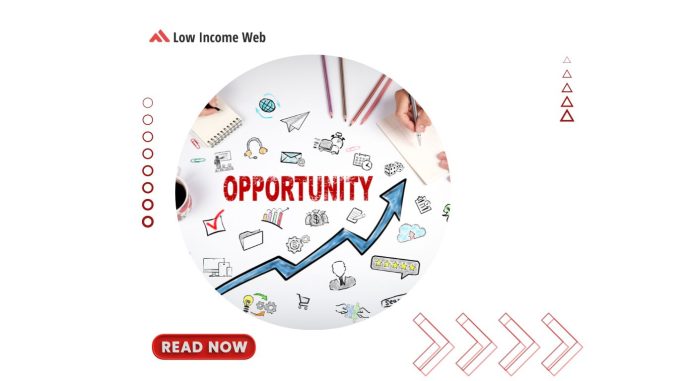
Taxation is an essential component of any functioning society, funding public services, infrastructure, and social welfare programs. However, the impact of taxation varies greatly depending on an individual’s income level. For low income tax payer, navigating the complexities of the tax system can be particularly challenging, with implications for financial stability and access to essential services. In this article, we delve into the unique challenges faced by low income tax payer and explore potential solutions to alleviate their burden.
READ MORE: Affordable Housing Solutions: Low Income Homes to Rent
The Challenges Faced by Low Income Tax payer
1. Limited Financial Resources
Low income tax payer often struggle to make ends meet with limited financial resources. Every dollar matters, and any tax burden can significantly impact their ability to cover basic necessities such as housing, food, and healthcare.
2. Complexity of the Tax System
The tax code is notoriously complex, with numerous deductions, credits, and filing requirements. For individuals with limited education or financial literacy, understanding their tax obligations can be overwhelming, leading to errors or missed opportunities to claim valuable credits and deductions.
3. Lack of Access to Professional Assistance
While wealthier individuals may have access to tax professionals or accountants to navigate the tax system, low income tax payer often lack the resources to seek professional assistance. This can result in missed opportunities for tax savings and increased vulnerability to errors or audits.
4. Dependence on Refundable Tax Credits
Refundable tax credits such as the Earned Income Tax Credit (EITC) and the Child Tax Credit (CTC) are critical sources of support for low-income families. However, claiming these credits requires compliance with complex eligibility criteria, and errors in filing can lead to delays or denials of much-needed refunds.
5. Limited Awareness of Available Benefits
Many low income tax payer are unaware of the various tax benefits and credits available to them. This lack of awareness can result in missed opportunities to reduce their tax liability or increase their refund, further exacerbating financial hardship.
Solutions to Support Low Income Tax payer
1. Simplification of the Tax Code
Simplifying the tax code by reducing complexity and eliminating unnecessary provisions can make it easier for low-income taxpayers to understand their obligations and maximize their tax benefits. Clearer language and simpler filing procedures can help reduce errors and improve compliance.
2. Increased Access to Free Tax Preparation Services
Providing free tax preparation assistance through volunteer programs or community organizations can help low-income taxpayers navigate the tax system more effectively. These services can offer guidance on eligibility for tax credits and deductions, ensuring that individuals claim all available benefits.
3. Outreach and Education
Increased outreach and education efforts are needed to ensure that low-income taxpayers are aware of the tax benefits and credits available to them. This can involve targeted campaigns through community centers, schools, and social service agencies to reach those most in need.
4. Streamlined Application Processes
Simplifying the application process for refundable tax credits such as the EITC and CTC can reduce barriers to access and expedite refunds for low-income families. Electronic filing options and pre-filled forms can make the process more efficient and user-friendly.
READ MORE: Access to Justice: The Importance of Low Income Legal Aid
Conclusion
Low income tax payer face unique challenges in navigating the tax system, with implications for their financial stability and well-being. By simplifying the tax code, increasing access to free tax preparation services, and improving outreach and education efforts, policymakers can help alleviate the burden on low-income taxpayers and ensure that they receive the support they need to thrive. Investing in these solutions is not only a matter of fairness but also a crucial step toward building a more equitable and inclusive society.


Leave a Reply